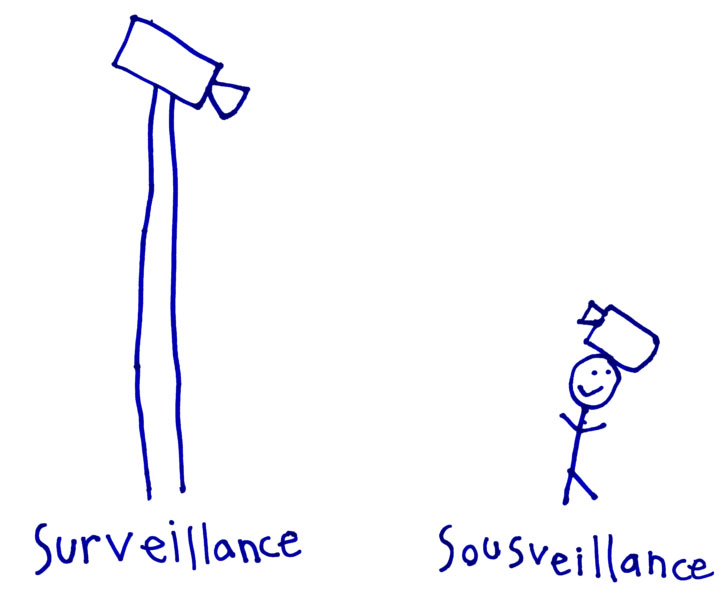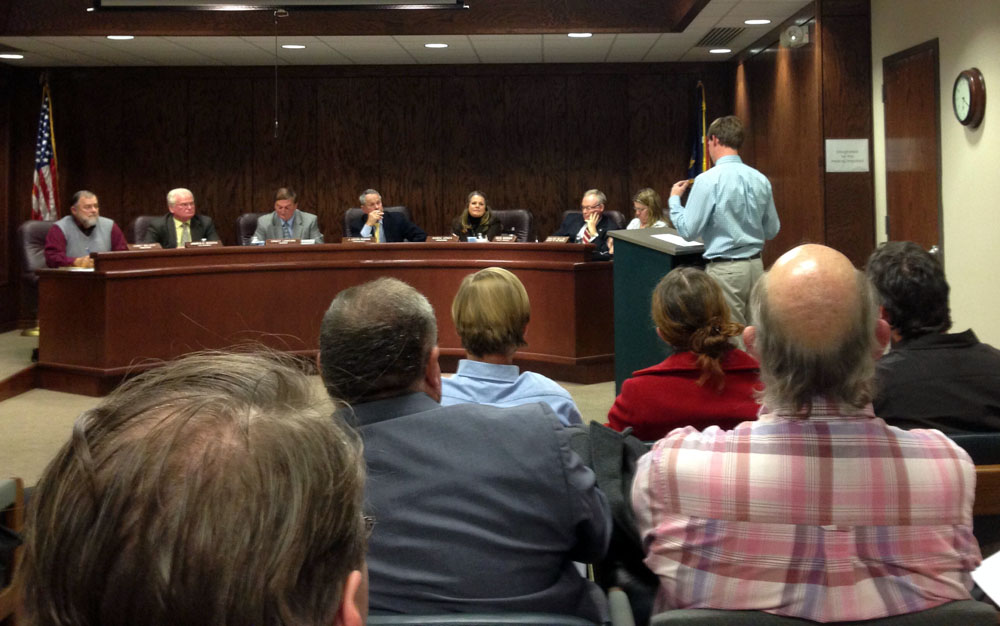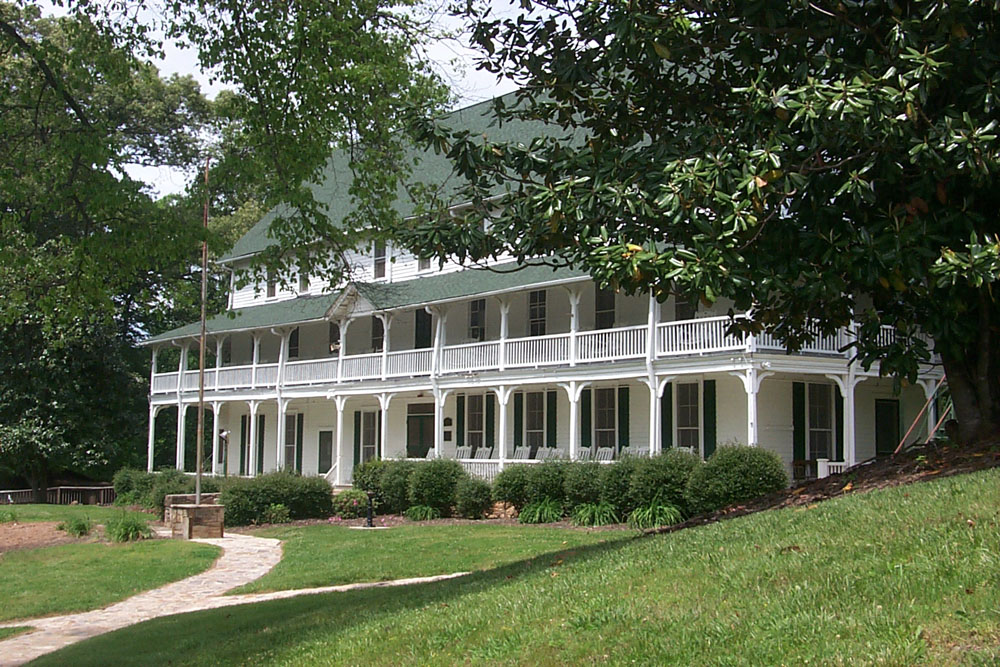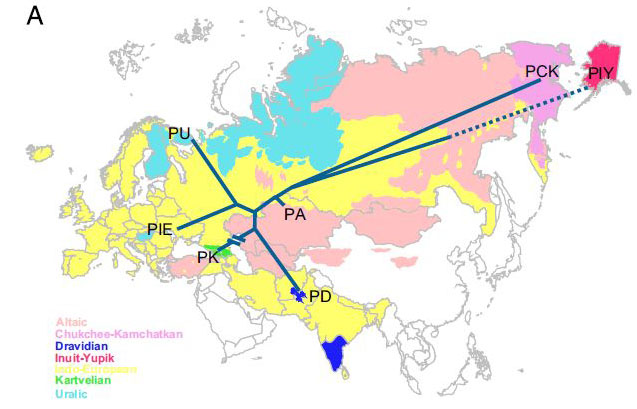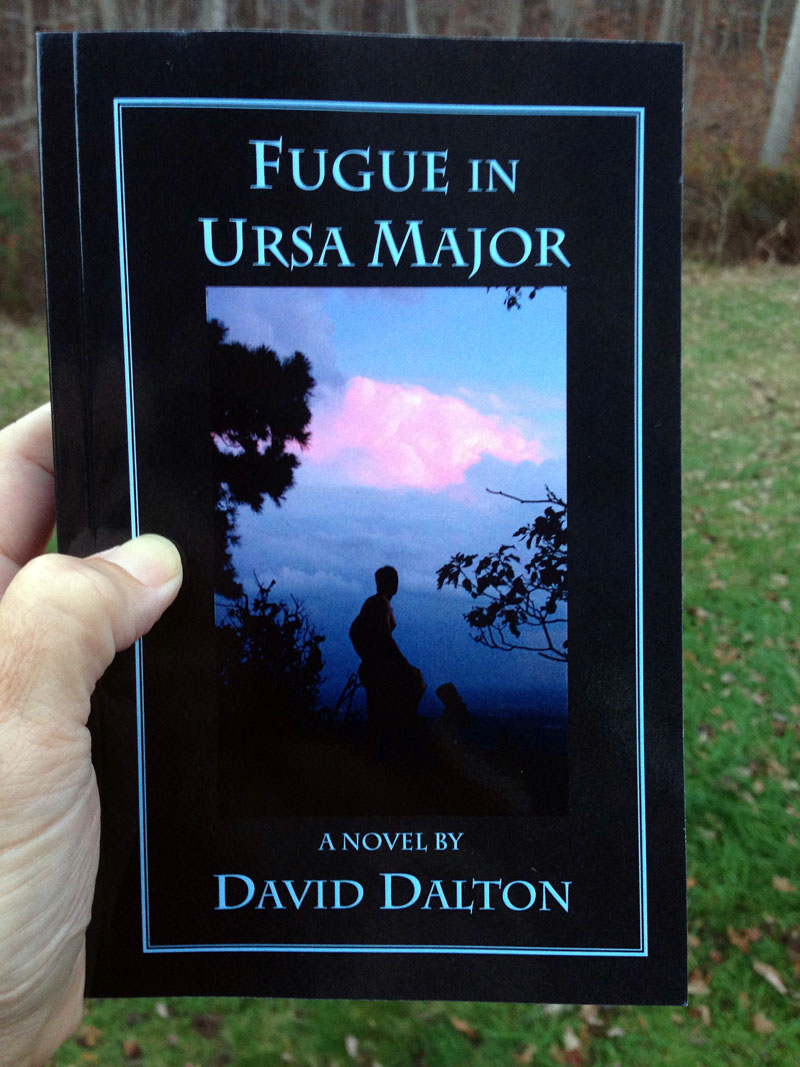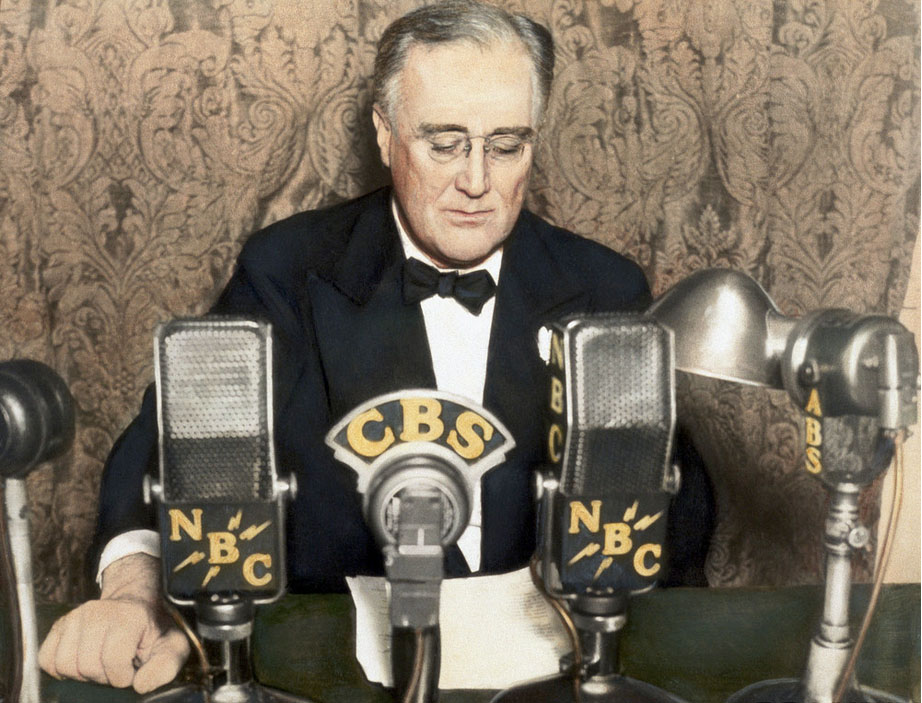
President Roosevelt prepares for a fireside chat.
A couple of days ago, I posted an item on the importance of keeping an eye on the FCC. The item was focused on the future of over-the-air television, which may not affect your world very much. Still, we all need to keep an eye on the FCC, because decisions made by the FCC are critical to the future of the media, the future of the Internet, the choices we have, and what we pay.
A friend of mine who teaches communications law commented on that post. So that his information doesn’t get lost in a comment, I’m reposting it here.
The libertarians’ absolutist argument against regulation in the communications sector is silly on three particularly ironic points:
1) We already have a largely unregulated system thanks to the Telecommunications Act of 1996, which loosened or erased many longstanding rules, particularly those guarding against monopoly ownership. Among other things, the Act led to an almost overnight consolidation of the radio industry whereby a company like Clear Channel could grow from 60 to 1,200 stations in 18 months. The first order of business in that nationwide takeover was the elimination or decimation of local news staffing at all of those stations.
2) The media and telecom giants, from Time-Warner Cable to Disney, long ago captured the regulatory agencies, along with Congress and state legislatures, and openly and brazenly manipulate the rules they are supposed to live by. Furthermore, the FCC often doesn’t even enforce its own rules, making them meaningless. Just one example here: The FCC has allowed Rupert Murdoch to get around the newspaper-broadcast cross-ownership ban by granting him a waiver year after year; thus, he can control newspapers, television stations and radio stations all in the same market (New York, for one).
3) Media companies WANT there to be rules because the rules help them operate in a necessarily structured and predictable environment, and because, more often than not these days, the rules favor their interests against those of the public. The ban on municipal broadband in North Carolina is a prime example, but industry-friendly — indeed, industry-written — rules stretch to the FCC and the Justice Department, which, for example, is sure to rubber-stamp a merger between Comcast and Time-Warner Cable if the two companies decide to go ahead with it. It would create a monopoly that would control the television and Internet services of about 50 percent of the American population.
There are other reasons that the libertarian dream of a no-rules-at-all utopia is stupid, but those three suffice. I suppose the fundamental point to make is that their position is ahistorical. It is detached from both the technical and legal history of the communications sector. When the federal government first started regulating radio in 1927, it was because the radio owners themselves were screaming FOR regulation — someone to police the wild, wild west of their new industry and sort out the chaos of too many stations chasing too few frequencies. Regulating the technical aspects of radio was at the center of the FCC’s mandate when it was created by the Communications Act of 1934, and it remains a vital part of the agency’s mission today.
An example particular to Acorn Abbey: The only way there will ever be high-speed Internet service in such a rural locale will be through the use of so-called “super wifi,” which harnesses unused “white space” on the “gold-plated spectrum” that television stations enjoy. It can travel for miles and penetrate buildings just like a TV signal. There are even experiments under way to see if television transmitters can be altered so that they also can transmit Internet traffic. It would solve the rural broadband build-out problem overnight because the infrastructure is already in place.
Of course, the same companies that routinely decry regulation of any kind, the likes of Comcast and Time-Warner, will do anything they can to manipulate the rules to prevent the above scenario from happening. And they will try to manipulate the rules at the federal, state and county levels to stop any new efforts to break their monopoly control. And once again, the problem will not be that we have regulations. The problem will be that we have regulations written to benefit the regulated, not us.
For background on the Radio Act of 1927:
http://en.wikipedia.org/wiki/Radio_Act_of_1927#The_Radio_Act_of_1927
For background on the Communication Act of 1934:
http://en.wikipedia.org/wiki/Communications_act_of_1934
For background on the Telecommunications Act of 1996:

